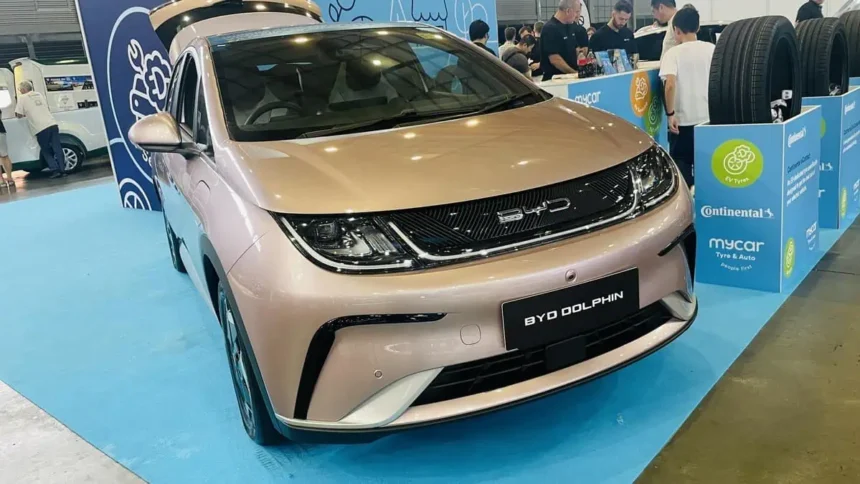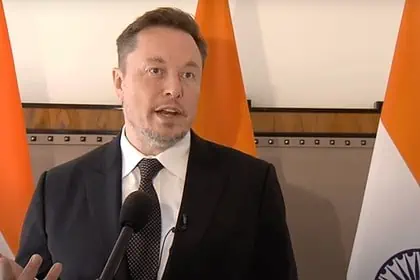Austria-based contract manufacturer Magna Steyr has just disclosed that several Chinese automakers reached out to propose partnerships for local electric vehicle production, Automotive News Europe reported.
Interestingly, the move may be influenced by the European Union’s plans to impose new tariffs on Chinese-made EVs to curb their surge in the local market.
Chinese electric automakers eyes Magna Steyr for local production
Magna Steyr, an auto contract manufacturer operating under Magna International’s umbrella, has confirmed that almost all Chinese players in the European market have reached out to them.
The announcement came from Magna Steyr President Roland Prettner himself. Interestingly, the discussions about these local production proposals are still active.
During a media event at the company’s Graz factory, President Prettner revealed that several Chinese OEMs have been in touch with Magna Steyr over the past year. He further noted that these Chinese automakers have demonstrated “strong activity” in obtaining Magna’s production expertise.
While the company executive omitted to share the names of these brands, BYD, NIO, XPeng, and ZEEKR may be among them, as they are already present in the European market.
“Chinese OEMs are testing with different distributors about what they think the volume of their vehicles in Europe could be. Of course, there is always the discussion about how we can produce these vehicles here in Graz.”
Magna Steyr’s President Roland Prettner
Avoiding potential tariffs and reaching new customers
Chinese automakers’ interest in partnering with Magna Steyr is no longer surprising, considering that establishing local production might aid them in bypassing looming tariffs the EU is currently evaluating.
In addition, expanding their presence in the European market can enable them to reach a new pool of customers.
For context, the EU has been considering imposing high tariffs on China-made electric vehicles since the fall of last year when it initiated a subsidy probe against them. The European government seeks to determine if these Chinese EVs benefit from unfair subsidies that enable them to have extremely low prices.
In response, China warned of retaliatory 25% tariffs on US and EU automakers exporting internal combustion engine-powered vehicles in the world’s largest auto market.
While the EU carefully plans its next move, the US government has already announced quadrupling tariffs to 100% against China-made EVs.
“China’s retaliatory trade investigations and warnings are not deterring the EU. Brussels is eager to send a strong signal to Beijing with its EV probe that the EU will counteract Chinese subsidies and overcapacity.”
Eurasia Group analysts indicated in a note
These considered, establishing local production can help alleviate tensions between Europe and China.
Signalling competition from Chinese automakers
China continues to threaten the competence of local automakers in both the EU and the US. It is unsurprising, considering that the country is currently the largest producer of electric vehicles worldwide.
Magna Steyr’s manufacturing expertise merged with Chinese players’ technological advancements, could substantially disrupt the European EV market.
Chinese EVs are indeed cost-competitive. Therefore, local production by Magna Steyr could further diminish costs for these Chinese EVs. As a result, it can intensify the pressure on established European brands to also cut their prices or improve their offerings.






